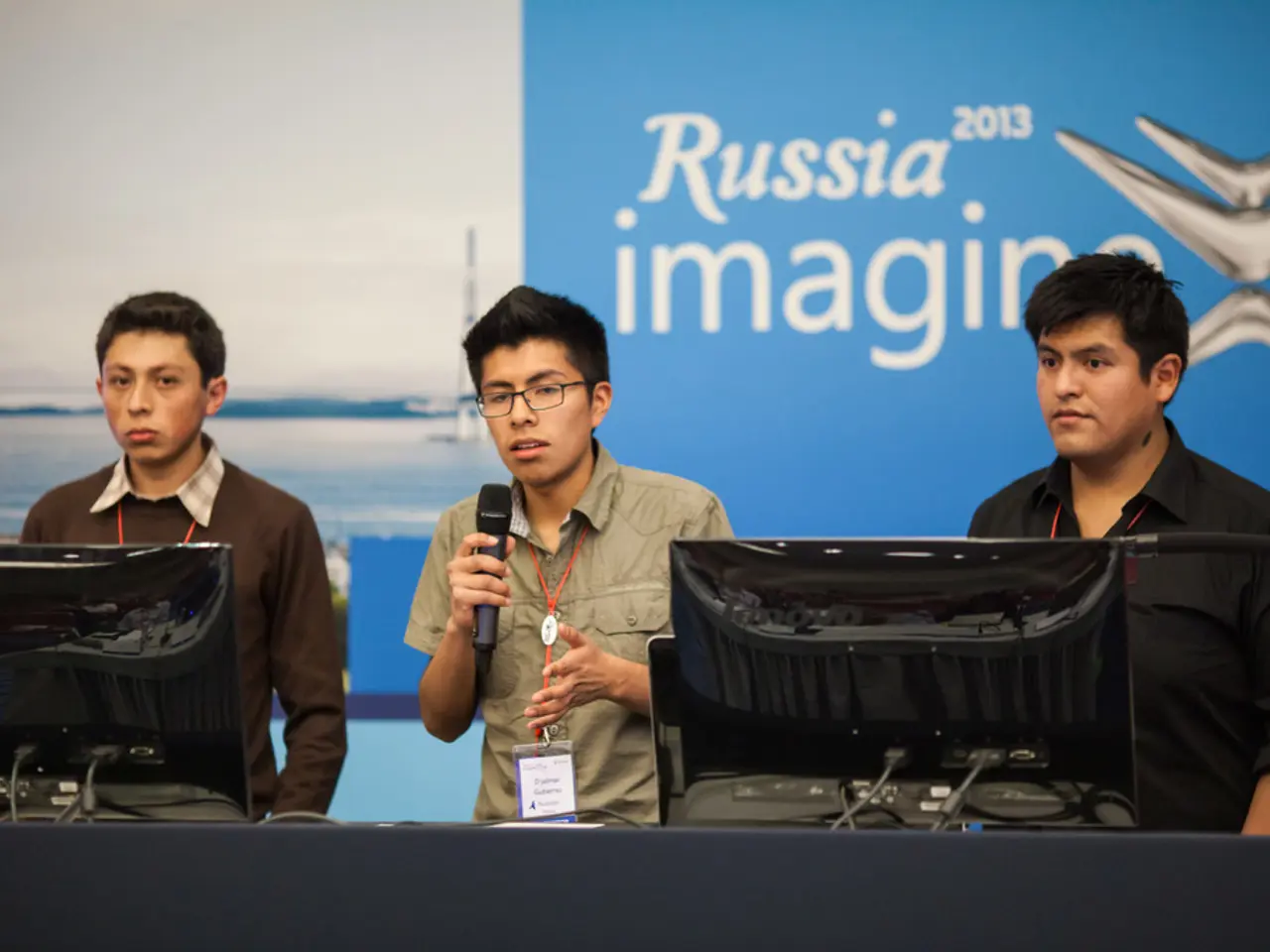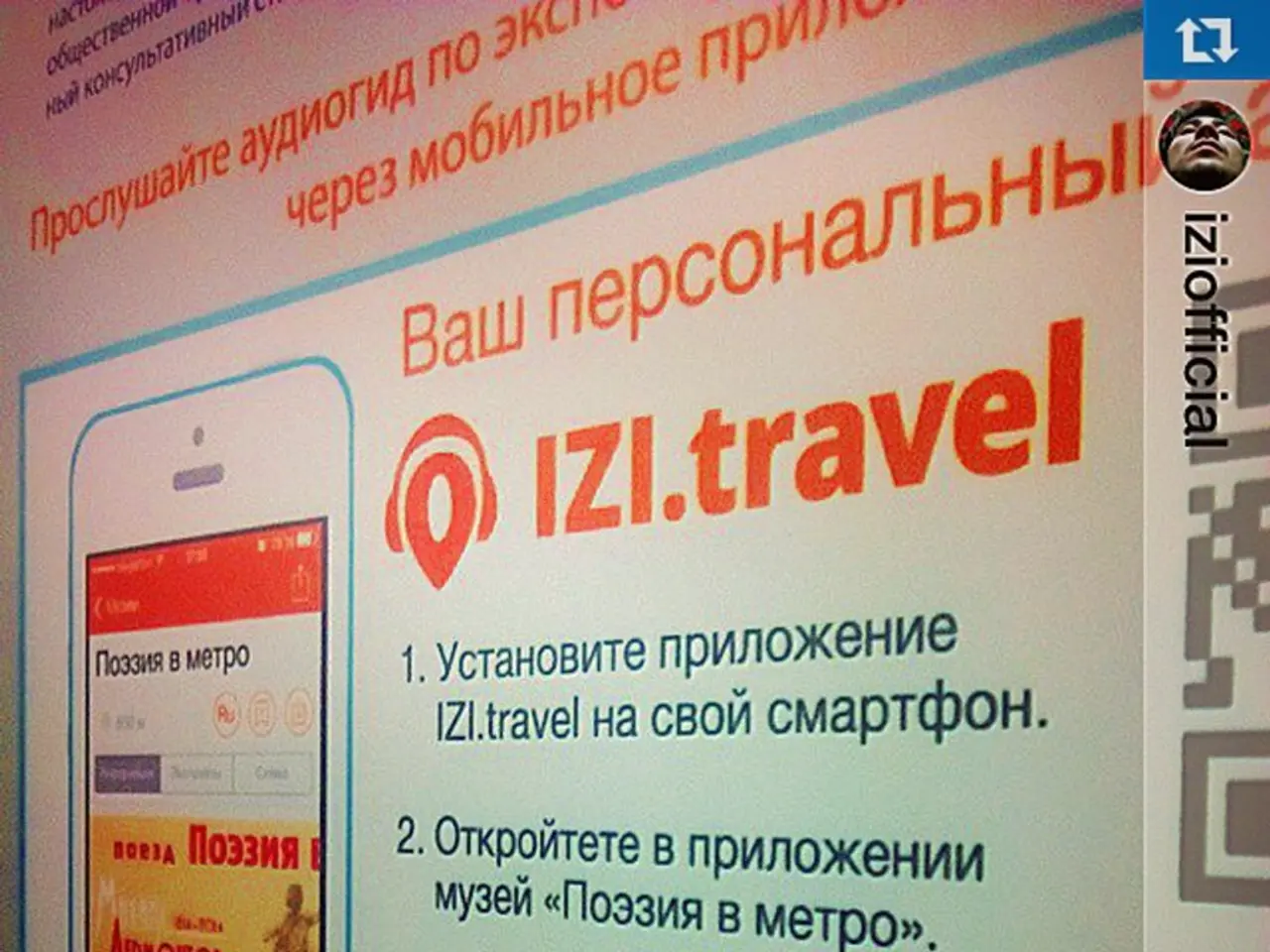Impact of revised entry rules for Russian business from Kazakhstan
In a significant development, Kazakhstan's special CCOs have announced the requirement for biometric verification for state services, while Russia has mandated biometric data collection for CIS citizens entering the country under the visa-free regime, effective from July 1. This move is likely to impose increased administrative complexity and operational costs on Kazakhstani businesses.
Starting July 2023, citizens of the Commonwealth of Independent States (CIS) entering Russia will need to register in the RuID app, provide their biometric data, including fingerprints, at least three days before crossing the border. This requirement is part of Russia's efforts to enhance security and migration regulation.
These changes could lead to longer entry processing times for employees, partners, or clients traveling between Kazakhstan and Russia, potentially affecting business travel and logistics. Companies sending workers to Russia will face additional compliance requirements, such as collecting and managing biometric data and navigating new migration registration and work permit procedures.
Stricter controls at the border could result in potential delays or restrictions during crossings, requiring more robust planning and contingency measures. Enhanced security and legal risks are also associated with these measures. If biometric data does not align or migrate-related documents are incomplete, it could lead to denied entry or legal issues.
However, the biometric system has reportedly helped reduce crime related to migration in Russia, indicating a push toward tighter security and migration regulation. This could indirectly benefit businesses that comply with the rules by providing a safer environment.
Despite these challenges, citizens of the Eurasian Economic Union (EAEU), which includes Kazakhstan, benefit from mobility rights and may have some procedural relief compared to other CIS countries, due to mutual agreements within the EAEU framework.
In summary, Kazakhstani businesses should expect more rigorous entry and migration registration procedures for their personnel traveling to Russia. They will need enhanced administrative support and legal advisory services to handle biometric data requirements and work permits. Potential short-term disruptions could lead to long-term improvements in migration system security and control.
These measures reflect Russia’s broader efforts to regulate migration tightly and ensure security while continuing labor market cooperation within CIS and EAEU frameworks. Kazakhstani businesses must adapt to these evolving regulations to maintain smooth operations and legal compliance.
The RuID app will generate a QR code for border crossing, and from January 1, the duration of stay for Kazakhstani citizens in Russia will be capped at 90 days within a calendar year. The activity of Small and Medium Enterprises (SMEs) in cross-border trade could decrease due to these changes, and long-term projects involving Kazakhstani citizens on Russian territory may face difficulties.
"Atameken", the National Chamber of Entrepreneurs of the Republic of Kazakhstan, will continue interaction with relevant state bodies of Kazakhstan and Russia to monitor the implementation of these innovations. They have expressed concerns about the potential risks these changes pose to Kazakhstani businesses operating with Russia and have pledged to respond promptly to any difficulties faced by entrepreneurs and transport companies.
The complexity of border crossing could impact trade and economic cooperation, and the chamber has concluded that they will monitor the implementation of these new border regulations closely. It is crucial for Kazakhstani businesses to stay informed and prepared for these changes to maintain their operations effectively.
- In view of the new biometric data collection requirements for CIS citizens entering Russia, businesses sending workers to Russia will need to adapt to the additional compliance burdens, such as managing biometric data and navigating new migration registration and work permit procedures.
- Due to stricter border controls and longer entry processing times, the activity of Small and Medium Enterprises (SMEs) in cross-border trade could be impacted, potentially leading to difficulties for long-term projects involving Kazakhstani citizens on Russian territory.



